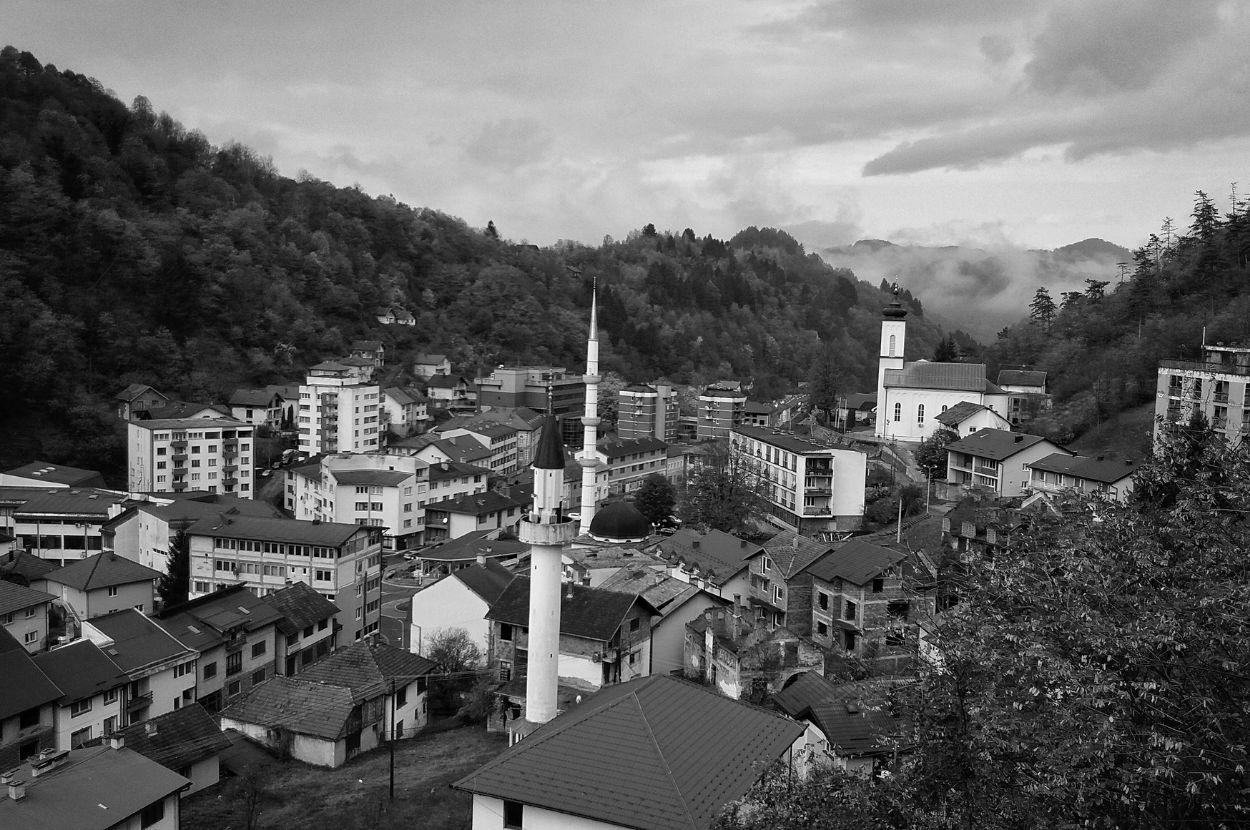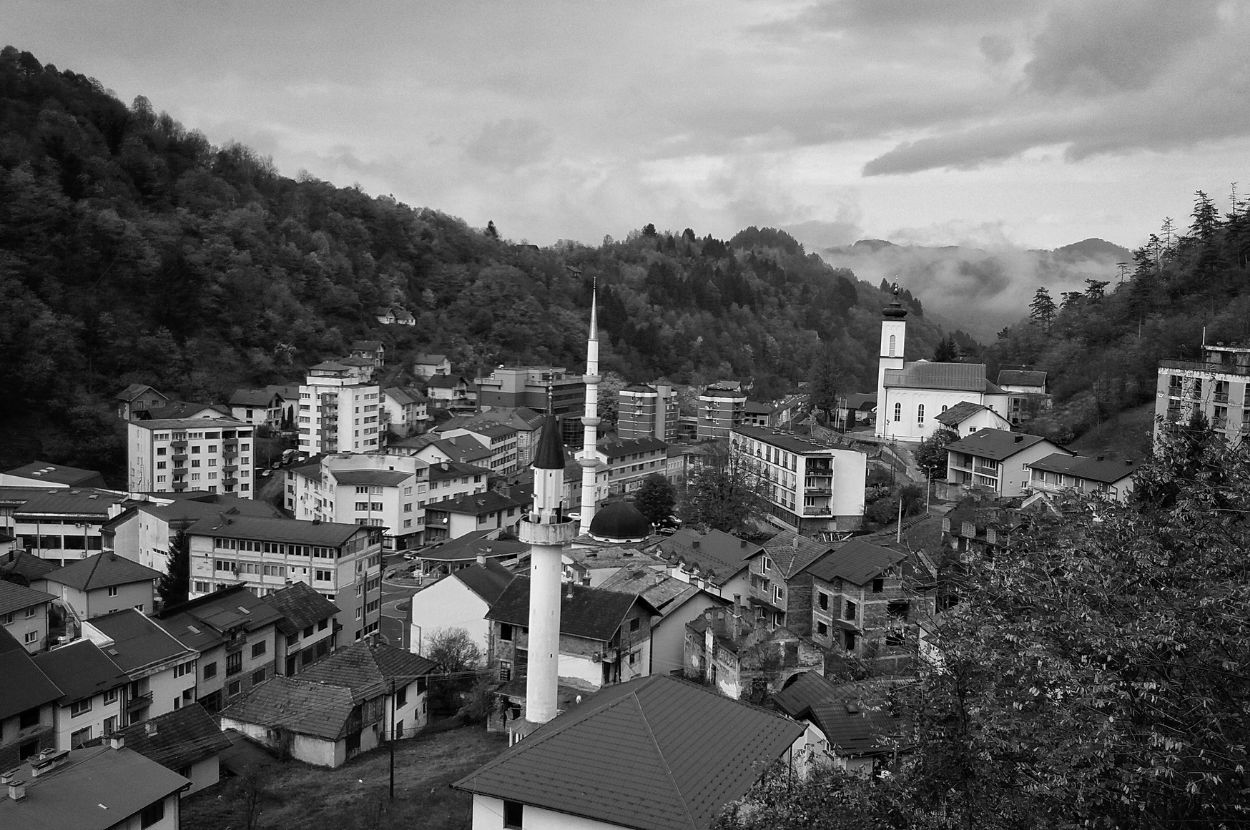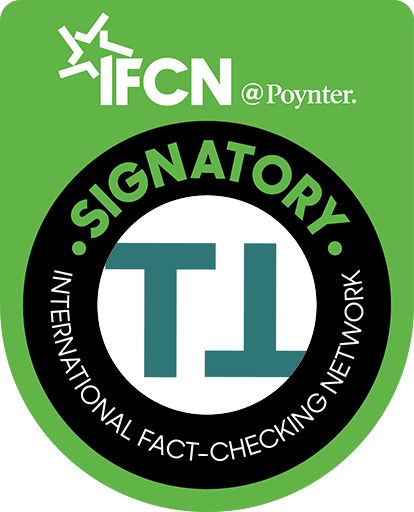Welcome to the English version of this burning issue! Srebrenica, the site of a horrific genocide, remains a wound that refuses to heal. Young people, students now around 30 years old, are labeled “blockaders” and accused of trying to overthrow Vučić. Prime Minister Ana Brnabić refuses to acknowledge the genocide in Srebrenica, while nationalism continues to poison society.
Nationalism and Lies
Svetlana Slapšak warns that nationalism gives wings to dictators just before they fall. Vučić uses Srebrenica as a weapon against the “colored revolution.” His words from the parliamentary podium on July 20, “we will kill a Muslim,” reflect deep-seated hatred and a policy that led to mass atrocities.
A Generation That Doesn’t Know
Most students today do not know what Srebrenica is or why the genocide matters. They are unfamiliar with historical facts and terminology, such as the use of “Muslims” with a capital M in the former Yugoslavia, which denoted national, not just religious, identity. Many do not understand how their families and the state chose people who committed mass killings.
Lies and Media Manipulation
State-controlled media continue to spread lies and deny the genocide, while the regime uses Srebrenica as a political tool. Corruption and populism strengthen, and the truth about the war and crimes remains suppressed.
Students as Hope
However, students recognize the corrupt nature of Vučić’s regime and have found ways to encourage a larger part of society to see through the lies. There is hope that this generation will find a way out of the vicious cycle of ideological falsehoods. The Srebrenica anniversary might be a chance to finally start addressing causes, not just consequences.
Will Serbia ever admit the genocide and face its past? Will students and society have the courage to confront lies and hatred? Or will we continue living in the fog of war defeats and historical revisionism? Drop your thoughts below—maybe your voice is the spark we need!









